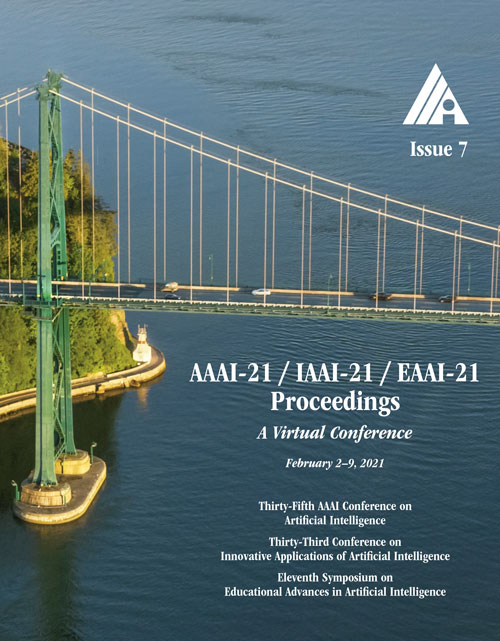Topology-Aware Correlations Between Relations for Inductive Link Prediction in Knowledge Graphs
DOI:
https://doi.org/10.1609/aaai.v35i7.16779Keywords:
Knowledge Representation LanguagesAbstract
Inductive link prediction---where entities during training and inference stages can be different---has been shown to be promising for completing continuously evolving knowledge graphs. Existing models of inductive reasoning mainly focus on predicting missing links by learning logical rules. However, many existing approaches do not take into account semantic correlations between relations, which are commonly seen in real-world knowledge graphs. To address this challenge, we propose a novel inductive reasoning approach, namely TACT, which can effectively exploit Topology-Aware CorrelaTions between relations in an entity-independent manner. TACT is inspired by the observation that the semantic correlation between two relations is highly correlated to their topological structure in knowledge graphs. Specifically, we categorize all relation pairs into several topological patterns, and then propose a Relational Correlation Network (RCN) to learn the importance of the different patterns for inductive link prediction. Experiments demonstrate that TACT can effectively model semantic correlations between relations, and significantly outperforms existing state-of-the-art methods on benchmark datasets for the inductive link prediction task.Downloads
Published
2021-05-18
How to Cite
Chen, J., He, H., Wu, F., & Wang, J. (2021). Topology-Aware Correlations Between Relations for Inductive Link Prediction in Knowledge Graphs. Proceedings of the AAAI Conference on Artificial Intelligence, 35(7), 6271-6278. https://doi.org/10.1609/aaai.v35i7.16779
Issue
Section
AAAI Technical Track on Knowledge Representation and Reasoning

